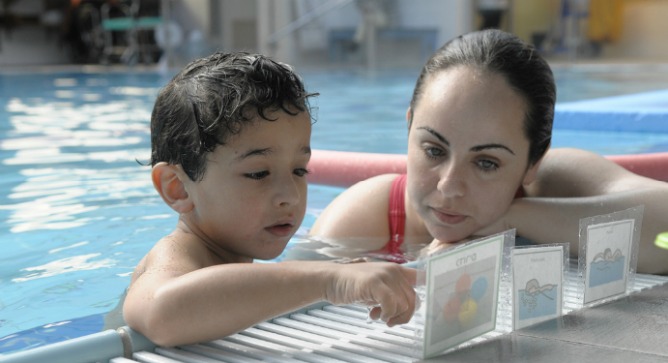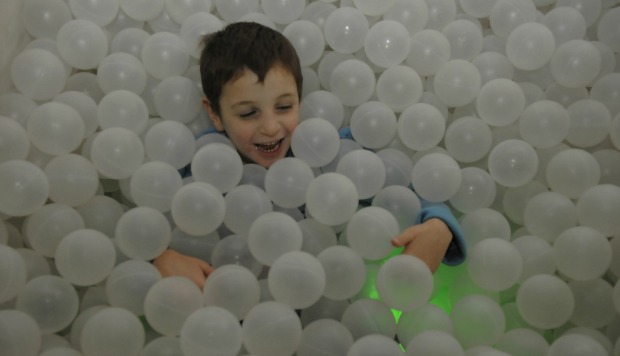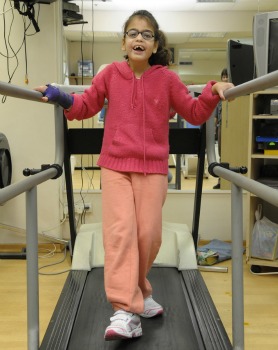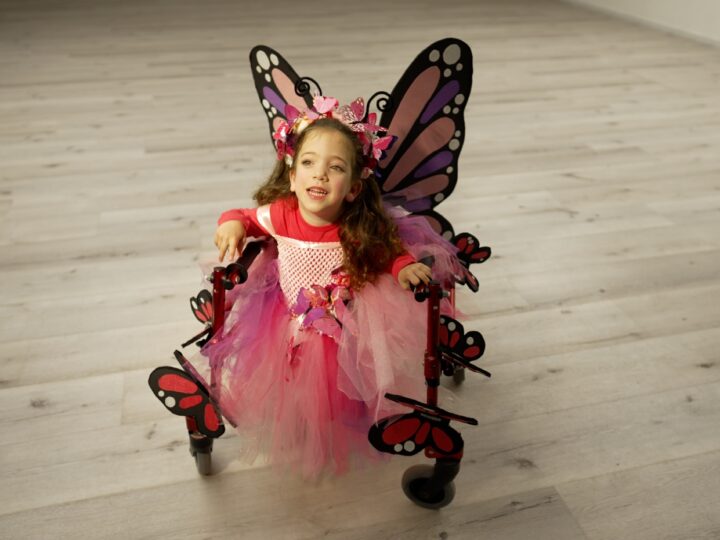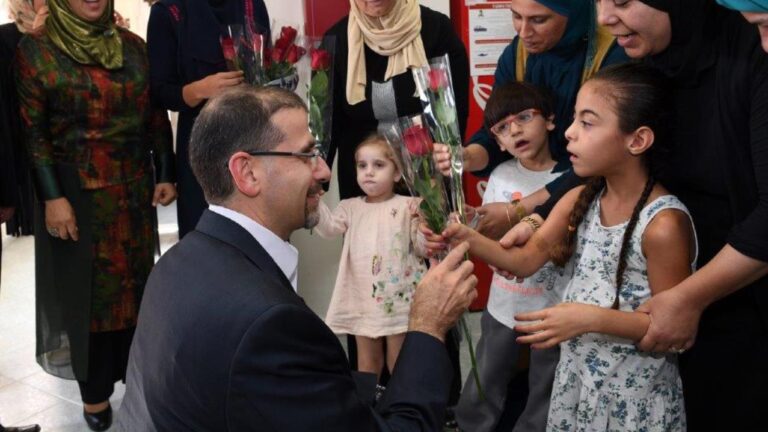Hydrotherapy, multisensory rooms and inclusive playgrounds are among the special-needs services implemented by Israel’s Beit Issie Shapiro (BIS) as a model for Israel and beyond. In recognition of its leading role, the Ra’anana-based nonprofit recently won special consultative status from the United Nations’ Economic and Social Council (ECOSOC) — one of only 12 Israeli organizations to earn this standing.
The designation will allow the 32-year-old BIS — named Israel’s most effective nonprofit organization — to share its research and solutions more widely, and to assist ECOSOC in serving as the central forum for formulating economic and social policy recommendations to the UN and member states concerning people with disabilities.
Spread the Word
• Email this article to friends or colleagues
• Share this article on Facebook or Twitter
• Write about and link to this article on your blog
• Local relevancy? Send this article to your local press
“From the beginning, our vision has been to have as wide an impact as possible in Israel and abroad, not by opening branches but by being a center of excellence for innovative practices and disseminating our knowledge as well as influencing government policy and legislation,” BIS executive director Jean Judes tells ISRAEL21c. “We are like an R&D facility, dependent on social investors rather than government funding.”
Because those social investors are eager to see BIS solutions implemented wherever they live, the organization has been sharing its research and expertise internationally long before the UN designation.
Inclusive play, multisensory therapy
Friendship Park (Park Chaverim), Israel’s first accessible and inclusive playground, is a good example.
Built by BIS in Ra’anana seven years ago with the help of contributions, it’s the centerpiece of a community outreach program to integrate children with and without special needs, as well as their parents. Friendship Park has been copied by other Israeli municipalities and countries including Ecuador and Uruguay.
Adaptive playground equipment wasn’t something new. But BIS devised a whole new way of using existing solutions to accomplish a much larger goal. That’s typical of how the organization operates.
Judes relates that in the early 1990s, BIS occupational therapist Michele Shapiro read about Snoezelen, the controlled multisensory stimulation environment invented in Holland, and BIS sent her to check it out.
“Michele found that in Holland, Snoezelen was recreational. We needed to change the focus to using a multisensory environment therapeutically, and we set up the first Snoezelen room in Israel in 1993 with the aid of a donor from London,” Judes says.
“We saw it helped our clients by balancing the senses. Hyperactive children calmed down, while passive kids became more interested in their environment. But to leverage it in a broad way, we had to have research because no one would be prepared to take the idea further if we couldn’t prove what it does.”
In cooperation with the Hebrew University of Jerusalem, BIS carried out the world’s first study on therapeutic Snoezelen. “We did physical and observational research, so we not only proved it was highly efficacious but also found out how it works,” says Judes.
BIS began getting requests to present the research overseas, and the Israeli government approved Snoezelen as a sanctioned intervention. BIS staff helped set up about 400 Snoezelen rooms in Israel, and trained more than 1,000 therapists to run them. They’ve also provided training in the US, South Africa and Europe. BIS is now recognized as a world expert on the development of Snoezelen.
“We have seen that it works not only for children with developmental disabilities, but also for adults with Alzheimer’s, children going through cancer treatment and trauma victims. We’re now doing research with Schneider [Children’s Medical Center of Israel] on using Snoezelen to calm cystic fibrosis patients during treatment.”
Shapiro incorporated elements of Snoezelen in the BIS dental clinic to lower anxiety – a successful experiment and a world first. The University of Southern California’s schools of dentistry and occupational therapy appointed BIS as a consultant to replicate the research with a grant from the US National Institutes of Health. “That was a feather in Israel’s cap,” Judes says.
Global brand for knowledge
Snoezelen wasn’t the only therapeutic approach that BIS took to new heights.
After sending staff members to the United States and England to study the emerging field of hydrotherapy – physical therapy performed in a special heated pool – BIS established Israel’s first hydrotherapy center in 1992 and influenced the government to cover hydrotherapy under national health insurance. The country now boasts about 120 hydrotherapy pools.
BIS opened a training center for hydrotherapists that served as a model for similar programs in Israel. The organization has trained hydrotherapists in Portugal, Spain and the United States, and soon in Uzbekistan. Today, Israel is recognized as one of six leading countries in the development of this field.
“That is the story of Israel, which is so inspiring,” says Judes.
Professionals from 17 countries attended the most recent of the organization’s international conferences on developmental disabilities. “We are really a global brand in terms of knowledge,” says Judes. “We started to network and develop international contacts and have done interesting and exciting research with partners from overseas.”
One collaborative project that came out of conference networking was the development of a research tool to evaluate how a child with special needs impacts on the family unit as a whole. It has now been translated into 24 languages and is used even in countries that don’t have diplomatic relations with Israel.
In 2010, at the suggestion of a donor, 60 VIPs came with Start-Up Nation author Dan Senor to see how BIS effects social change for the special-needs population. “Our donor said, ‘We want all this knowledge in our own communities, to triple the impact of our dollars.’ And that was a push for us to think more globally,” says Judes. “The connection to the UN was the natural next step for us.”
Judes is representing BIS at the fifth session of UN Enable, a conference on the rights of the disabled, September 12-14. Two other Israeli organizations — Bizchut, the Israeli Human Rights Center for People with Disabilities; and Netzivut, the Commission for Rights of Persons with Disabilities — also will share “the best of what Israel has to offer the world” in this field, says Judes.
“The UN is often criticized for anti-Israel bias, but the issue of disabilities brings strange bedfellows into coalitions. We work intensively in the [Israeli] Arab community and have been asked by parents and professionals there for our help. We believe all children with a disability, no matter where they live, have a right to services and to be part of a community.”
An estimated 15 percent of the world’s population lives with significant disabilities. “This is an opportunity for us to influence policy in order to bring about a greater quality of life for these individuals and families,” says Judes. “We want to change the world for people with disabilities.”




